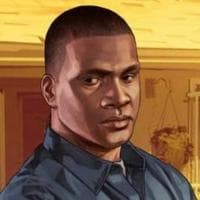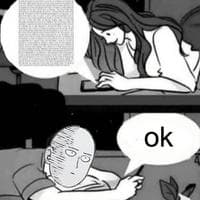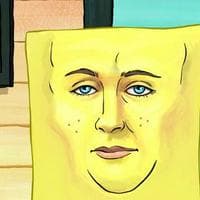John Marston mbtiパーソナリティタイプ
個性
"John Marstonはどのような性格タイプですか? John Marstonは、ISTP in MBTI、9w8 - sp/sx - 964 in Enneagram、RCUEN in Big 5、SLI in socionics のパーソナリティタイプです。"
John is certainly very difficult character to type. Generally speaking I think Fi doms and Ti doms are the hardest ones to distinguish between especially when they have the same 2nd and 3rd slot function. Although I lean more on Ti dom and Fe inf, I still see how John can be typed as an ISFP, but I don't think John is enough of a natural romantic and an idealist as ISFPs are, he's far too pragmatic and also doubtful of Dutch's ideas, in a more logical, kind of forceful or argumentative way (which is very much Ti), unlike Arthur (an ISTJ) who while at the later stages of the game had more issues on Dutch's moral actions. Another thing I want to mention is his attitude towards being a criminal, he knows what he's doing he doesn't try to idealise it like Javier (an ISFP) he sees it as what it is, as an "easy" way to make a living, and probably also at that time what he thought was the only way to live, but that has more to do with his upbringing rather than MBTi itself
バイオグラフィー
個性 correlate

Arthur Morgan

Dutch van der Linde

Uncle
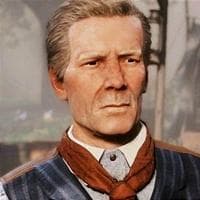
Hosea Matthews
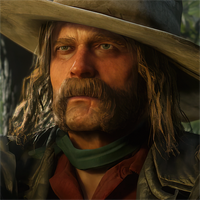
Micah Bell
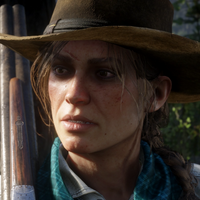
Sadie Adler

Abigail Roberts / Marston

John "Jack" Marston, Jr.






